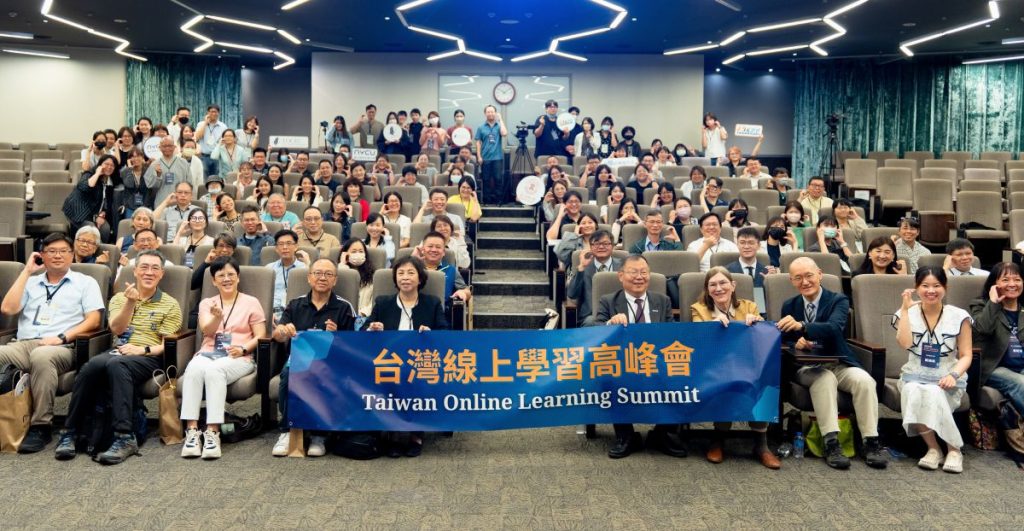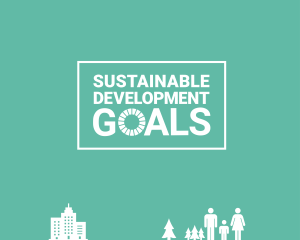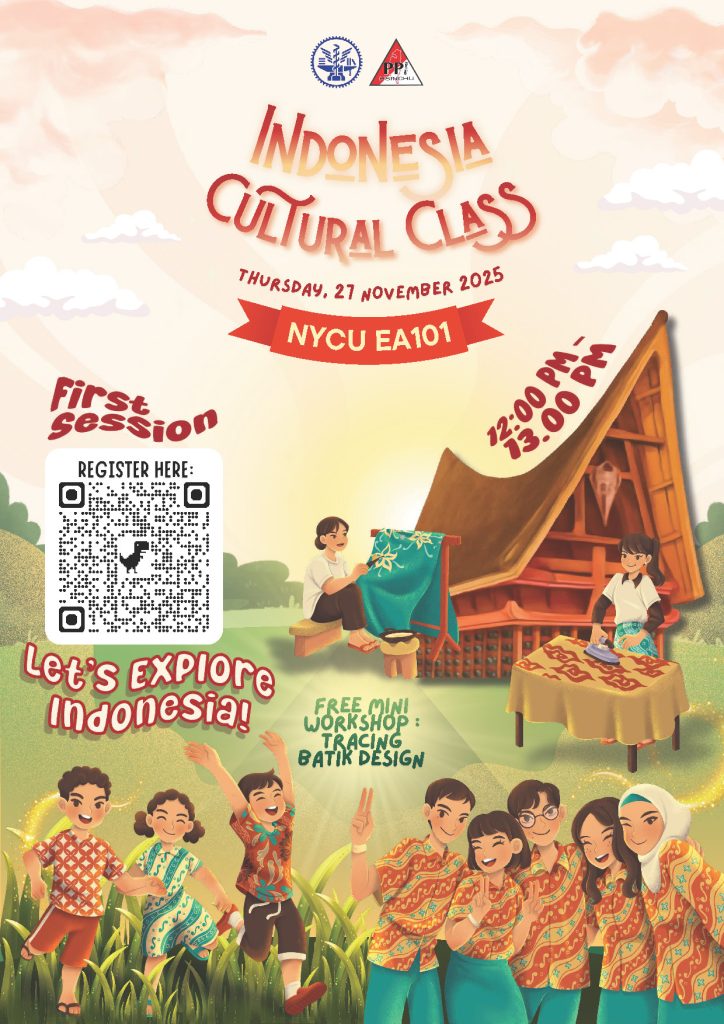As generative artificial intelligence (AI) continues to disrupt and redefine global education, over 100 educators, researchers, and digital learning experts convened at the 2025 Taiwan Online Learning Summit to explore the future of teaching and learning in an AI-driven world.
Hosted by National Yang Ming Chiao Tung University (NYCU), in collaboration with the Taiwan Open Courseware and Education Consortium (TOCEC) and the ewant Open Education Platform, the Summit carried the theme: “New Perspectives on Learning in the Age of AI.”
The event brought together leading voices in education technology to discuss how AI can be harnessed to personalize instruction, promote critical thinking, and support lifelong learning—while also sounding cautionary notes about over-reliance on automation.
Human-Centered Learning in the AI Age
One of the Summit’s keynote speakers, Professor Barbara Oakley of Oakland University—best known for her global online course Uncommon Sense Teaching—warned of the risks of “cognitive laziness” when leaning too heavily on AI tools.
“High-quality, human-curated content remains essential to develop critical thinking and foster digital literacy,” she stressed. Drawing on her experience creating compelling online content, Oakley shared practical tips for educators, such as embracing AI as a creative aid while maintaining an authentic voice, and using humor judiciously. “Some of my best videos,” she joked, “were filmed in my kitchen.”
From Tohoku University in Japan, Dean Hideki Kozima presented innovations in personalized learning pathways through AI, with updates on the country’s JMOOC initiative. Meanwhile, Professor Wan-Hsin Yen, also from Tohoku, showcased results from a 16-week AI literacy course that tracked the evolution of students’ prompt-engineering skills and attitudes. The study revealed that AI empowers learners and provides valuable insights for instructors to adapt their methods.
A Landmark Partnership for Open Education
A key highlight of the Summit was signing a memorandum of understanding (MOU) between NYCU, TOCEC, and Junyi Academy—a nonprofit learning platform modeled after Khan Academy. This new alliance focuses on sharing digital courseware, enhancing platform interoperability, and developing educator training programs.
Through this partnership, NYCU’s acclaimed digital courses—which have already amassed over 2.1 million views on YouTube—will now be accessible on the Junyi platform, helping to build a seamless learning ecosystem from primary education to lifelong learning.
From Theory to Practice: Charting the Future of Digital Transformation
Afternoon sessions showcased case studies on integrating AI tools into platforms like Moodle, as well as strategic discussions on making open education more sustainable. Dr. Yung-Chia Chang, Director of NYCU’s Higher Education Open Resources Research Center (HERO), highlighted how award-winning high school teachers have leveraged ewant and Junyi’s resources to reshape classroom instruction.
In closing remarks, NYCU President Chi-Hung Lin expressed gratitude to international and domestic partners for their commitment to reimagining education. He emphasized that the Summit fostered global-local dialogue and laid critical groundwork for Taiwan’s digital transformation in education—ensuring that future generations are equipped for an AI-augmented world.




